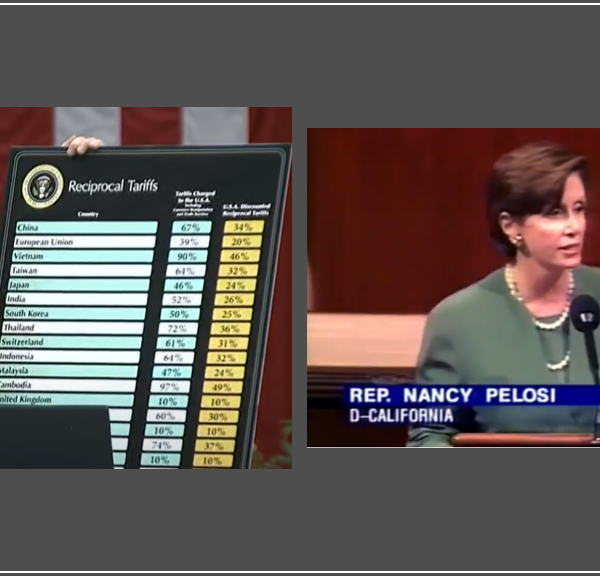Government-Run Grocery Stores: A Bold Experiment or a Recipe for Disaster?

New York City mayoral candidate Zohran Mamdani is making headlines by proposing the establishment of government-owned grocery stores in the heart of the Big Apple. He argues that these municipal stores, free from the burdens of rent and property taxes, would lower grocery prices for hardworking New Yorkers. But let’s not kid ourselves – this isn’t just about saving a few bucks at the checkout. It’s a contest between market freedom and an overreaching government experiment that has all the hallmarks of failed policies from the past.
Mamdani even fired up his campaign by sharing a survey on Twitter/X that claimed broad support for his idea among city residents.
His confidence is as bold as it is baffling. His plan of establishing “a pilot program of one store in each borough” seems to rely on selective historical lessons – cherry-picking studies from Chicago to justify what many skeptics view as a reckless strategy. History reminds us that similar models, particularly those seen in the former Soviet Union, often ended with barren shelves and logistical nightmares. For conservative Americans tired of unchecked government intervention, this proposal is a red flag.
Chicago Mayor Brandon Johnson, another seemingly progressive figure, once entertained a similar concept. According to City Journal, the plan was to operate city-owned stores dedicated to “keeping prices low, not making a profit.” While the language might sound benign in a campaign ad, remember: government-run models have historically turned out to be anything but efficient.
One of his more curious proposals, about which he is buoyant, is to open city-owned and city-managed grocery stores. His campaign literature explains that these municipal stores will be “focused on keeping prices low, not making a profit. Without having to pay rent or property taxes, they will reduce overhead and pass on savings to shoppers. They will buy and sell at wholesale prices, centralize warehousing and distribution, and partner with local neighborhoods on products and sourcing.”
In a recent interview, Mamdani said that he wants to establish “a pilot program of one store in each borough that builds on the feasibility study that was done in Chicago.” Indeed, in 2023, Chicago mayor Brandon Johnson did propose opening such grocery stores, in response to the closing of many supermarkets in poor areas of the city, and he did commission a feasibility study to examine the question. That study has not been made public, however, and Mayor Johnson has backed off his plan, even though the state of Illinois established a “Grocery Initiative” to provide municipalities with up to $2.4 million to open grocery stores. Chicago has not applied for any of this money.
At its core, this proposal is a dangerous flirtation with socialism – a system that, under the banner of “the American left,” is now being touted as the solution to all economic woes but has proven disastrous in practice time and again. As an angry Republican, it’s infuriating to see policy debates reduced to nostalgic yearning for failed socialist experiments. There are so many ways this could go badly.
The skepticism is warranted. Critics argue that government control over essential services has a track record that is hard to ignore. Shifting to a state-run model in a sprawling metropolis like New York threatens to create not only logistical chaos but also an undue burden on taxpayers already feeling the pinch from overregulation and excessive government spending.
If we’re to trust politicians with our everyday necessities, we need to demand accountability. The promise of socialism “working” this time is nothing but a fantasy peddled by those with a disdain for free market principles – an ideology that has, time and again, proven itself more reliable than any government experiment.
With proposals like these stirring the pot across the political spectrum, it’s clear that the debate is far from over. As taxpayers and citizens, we must stand vigilant and question every policy that threatens the economic freedom that has made our nation great. Do you believe that city-run grocery stores can truly lower prices, or are they just another step towards bureaucratic overreach? Let us know your thoughts in the comments below.
Source: Steadfast Nation




Leave a Comment